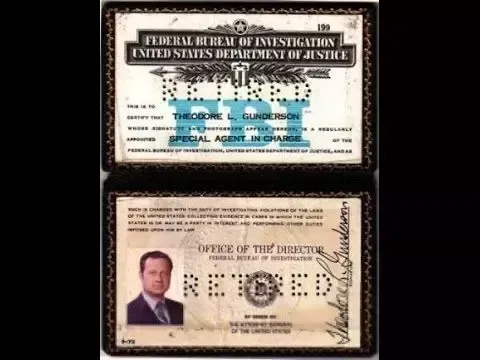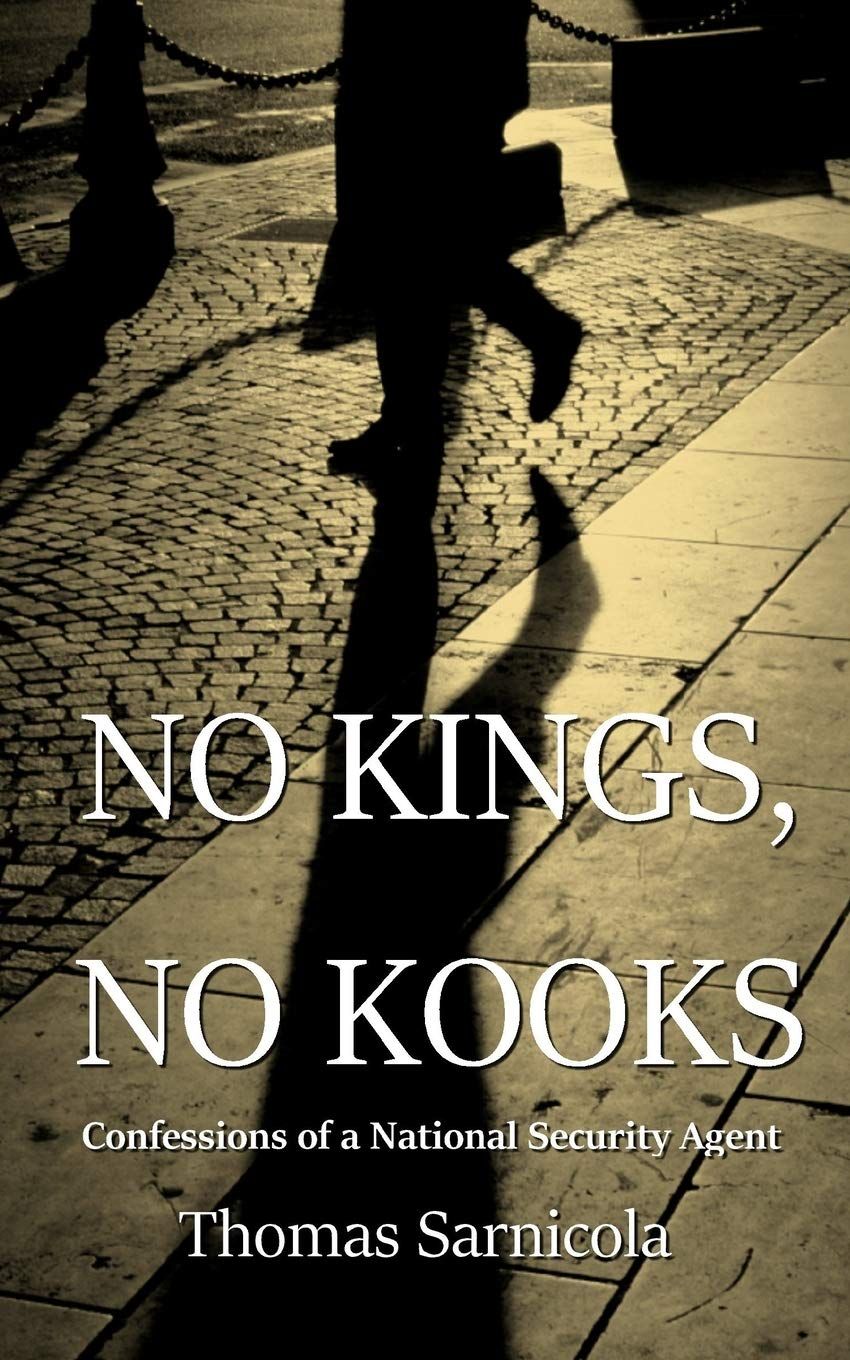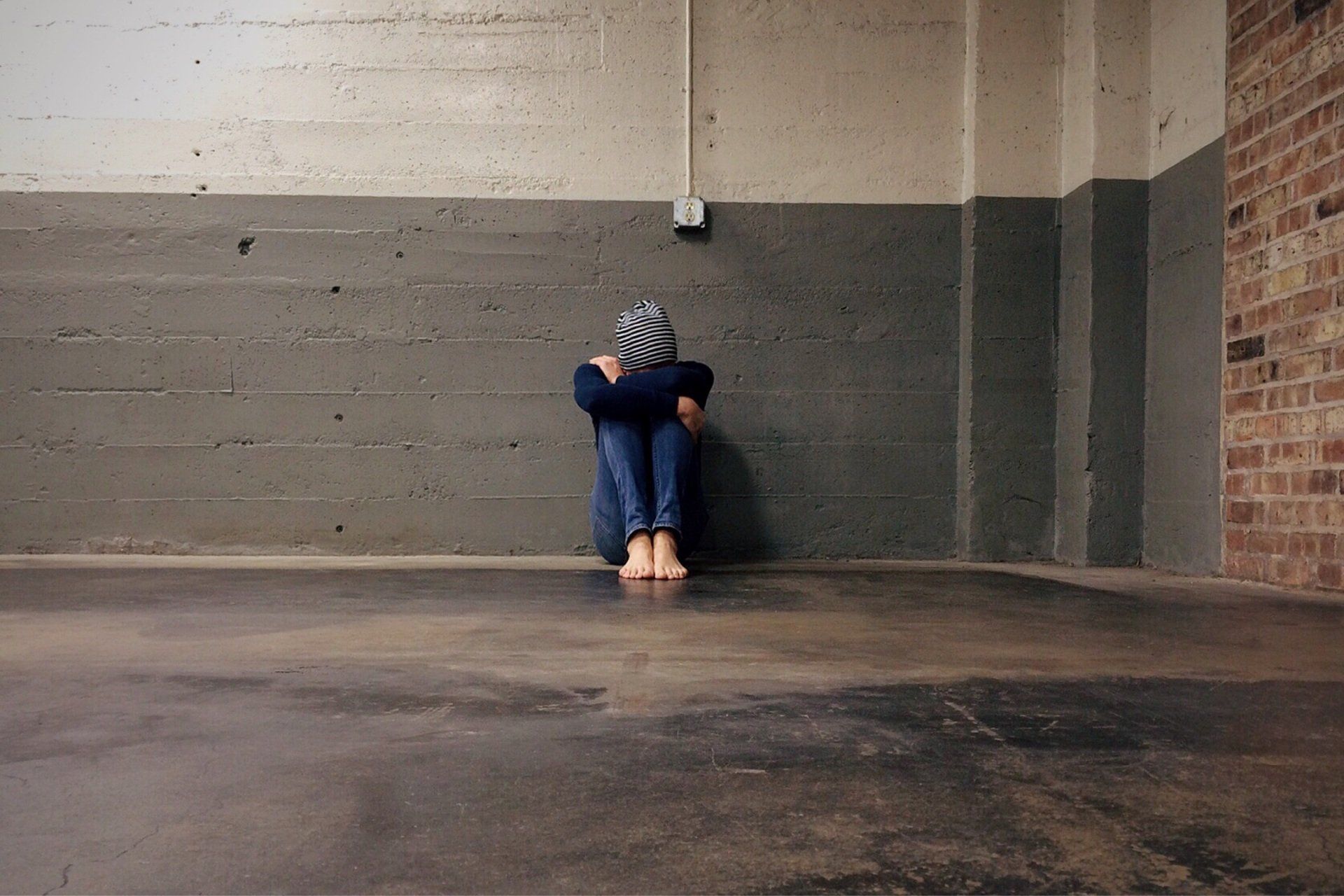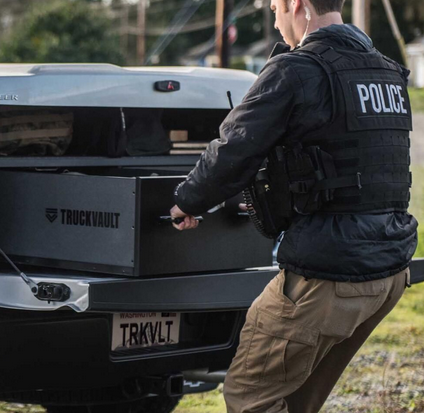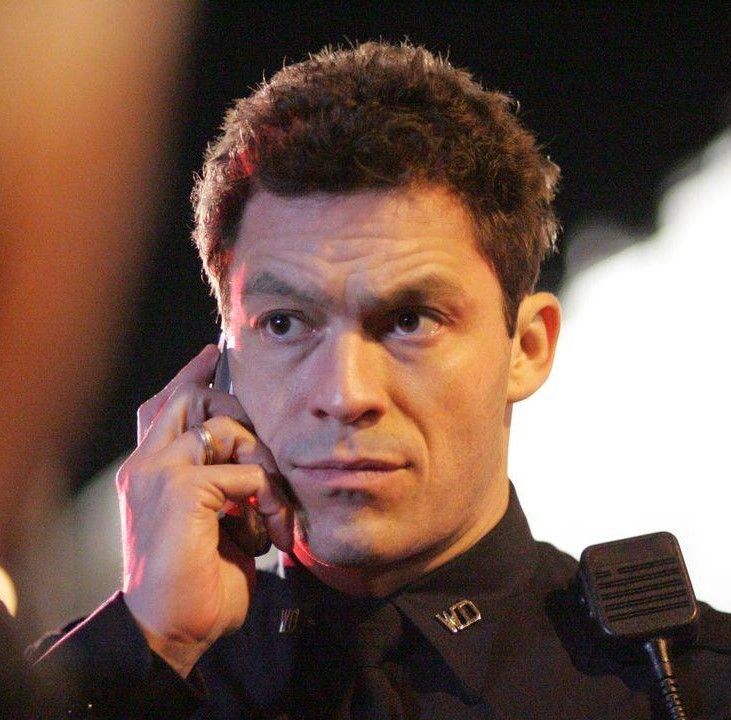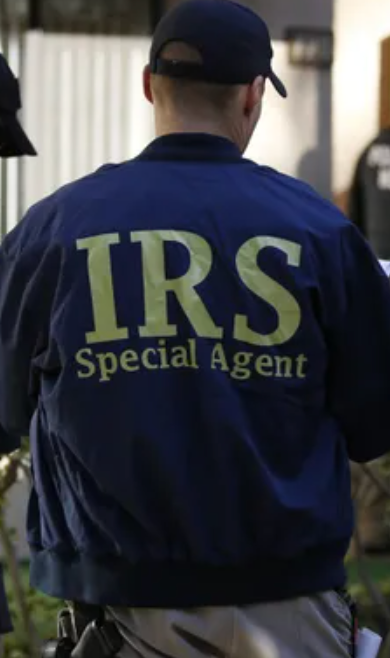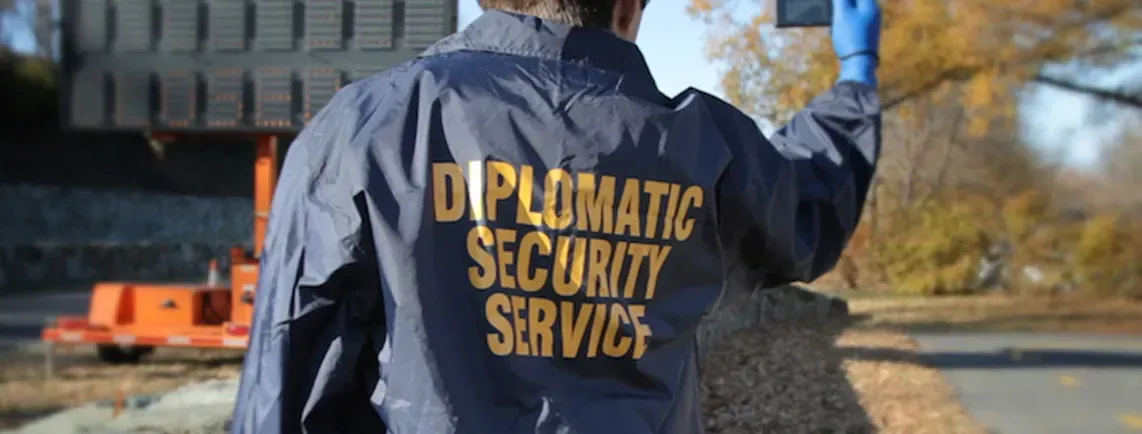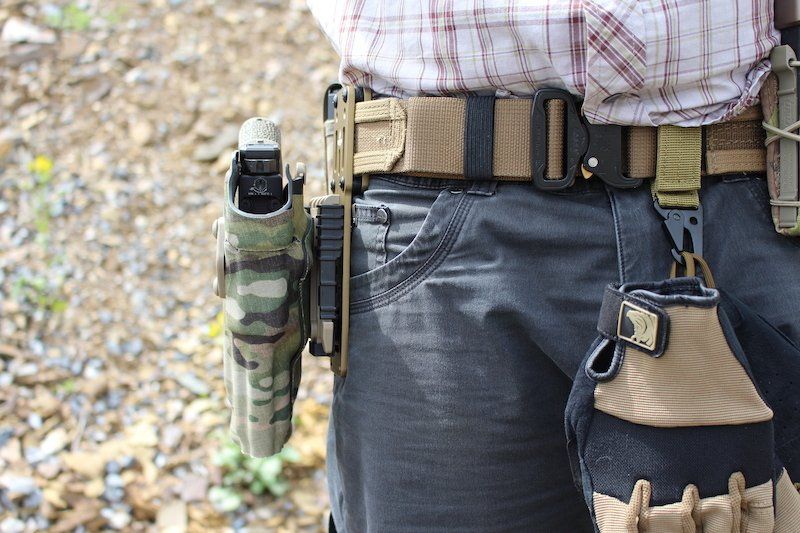This website is an independent educational resource and NOT affiliated with any official U.S. government agency.
Real Trouble at the U.S. Secret Service
November 2024
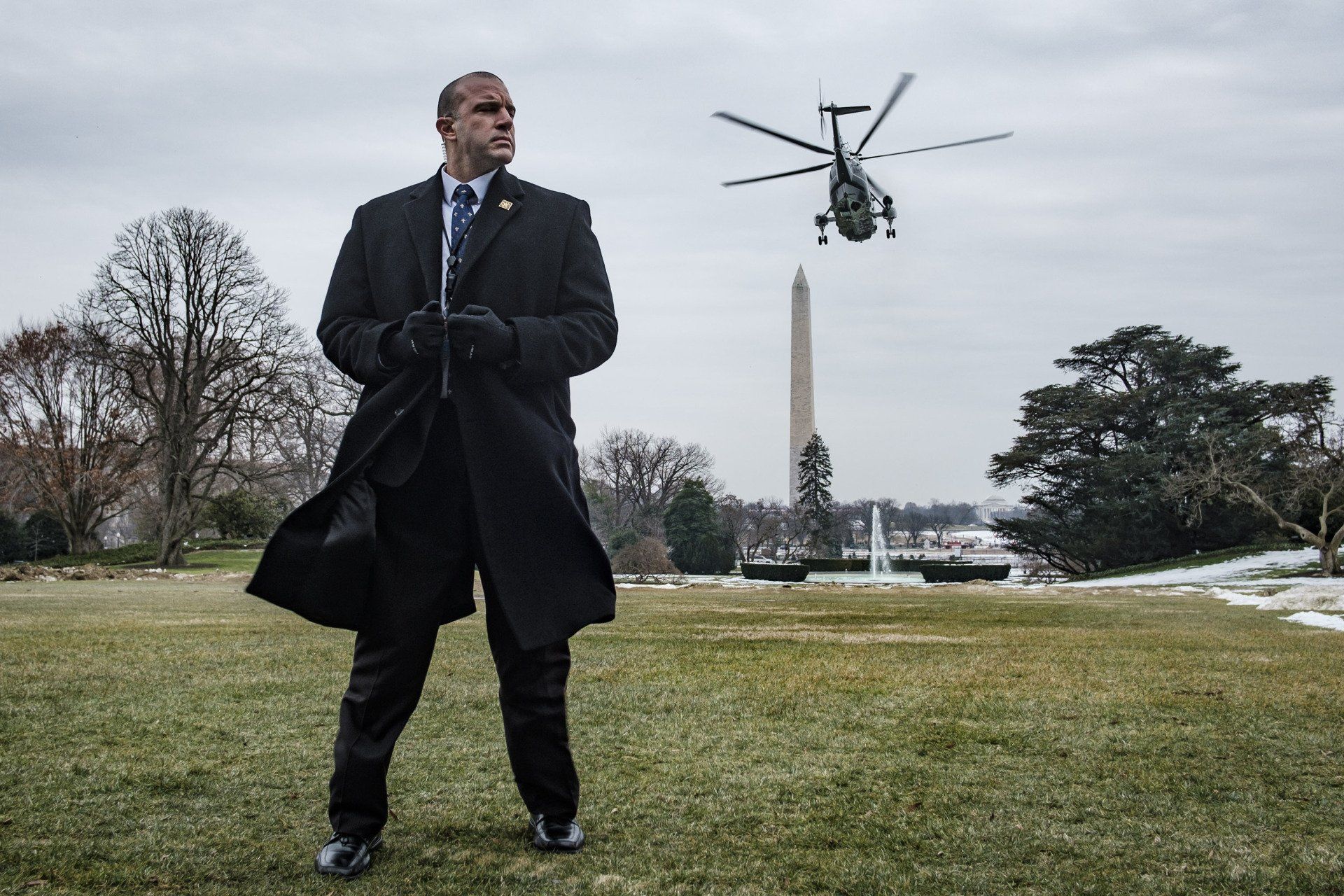
Throughout most of its history, the United States Secret Service (USSS) had been considered one of the premier federal law enforcement agencies in the country. The 1811 Criminal Investigator cadre was well renowned for having extraordinary levels of institutional pride, reverence for their sacred protective mission and high levels of personal job satisfaction.
What Changed?
For the initiated, the current state of affairs is nothing new and relatively simple. It's all about available manpower and the associated misuse of human capital. Starting with the introduction of former President Barack Obama's election campaign, the Secret Service became noticeably over-stretched with Special Agents being routinely forced into overtime shifts. This personnel crisis was not inevitable, however, USSS management continued to fill hundreds of traditional investigative positions AND concurrently staff several additional protective service details. There simply were not enough criminal investigators to do both missions at the same time.
The Hidden Secret
The open secret (no pun intended) is unfortunately not being acknowledged by the US Secret Service. There are an untold number of Senior Secret Service Special Agents assigned to cushy positions within the Investigation Division and other administrative type units. Now some of these are functionally necessary to run an agency (i.e., training academy), others are at odds with the primary protective mission.
For example, the Secret Service has some of its most senior Criminal Investigator personnel dedicated to conducting cyber trainings for other agencies, staffing speciality units that are rarely used by Secret Service investigative personnel (i.e., phone tracking, planning National Security Special Events) and engaging in criminal investigations that are rarely accepted for federal prosecution. In fact, it is widely accepted by Assistant United States Attorneys (AUSA) that Secret Service agents generally make poor base case agents due to their constant temporary duty trips in support of protection details.
The Reality of a Secret Service Special Agent
In reality, it is hard to blame senior 1811 criminal investigators who have done their time standing post for years. Unlike the major federal agencies (FBI, HSI, DEA, etc.), Special Agents within the Secret Service will rarely get the opportunity to conduct complex criminal investigations and have the associated job satisfaction that comes with apprehending criminals. A good portion of the initial Criminal Investigator Training Program (CITP) is essentially wasted on Secret Service personnel as they will likely never draw their firearms outside the range, engage in search or arrest warrant operations, process crime scenes, engage in undercover or source operations or even basic surveillance of dangerous criminals; you know, the kind of Special Agent work that is routine at comparable 1811 federal law enforcement agencies.
Instead, the majority of Secret Service agents will spend an extraordinary amount of time simply standing on Post Assignment, guarding access points that restrict access to the protectee. A rotating number of personnel are assigned to plan and execute the protective operation (which is a huge responsibility), however, the majority must fill the assigned post positions. Additionally, the most prestigious positions (i.e., the inner formation guarding President, riding in Marine or Air Force One) comprise of an extremely small minority of criminal investigators. The bulk of USSS Special Agents are essentially supporting the Primary Detail. Standing Post endlessly often can be boring and mindnumber work, especially for well trained and educated criminal investigators. Add to the fact that many members of our "political class" often treat Secret Service agents with indifference or outright disrespect. Conversely, a criminal investigator at most other agencies is master of his/her own destiny and commands an extraordinary amount of autonomy while maintaining discretion to investigative complex cases, mostly on their own schedule.
For this reason, Special Agents with approximately 10+ years have little to no desire to go back to a full-time protective assignment. Any Secret Service Special Agent that is in a long-term relationship or has children will find the short notice temporary duties and constant denial of vacation days a tiresome endeavor to endure indefinitely. For any one of the few lucky Secret Service agents that has moved to an investigative or non-traveling specialty assignment, it is treated like hitting the Service Lottery. You will likely be able to come home at a reasonable hour on most days, have a stable schedule that supports a personal life and support protective details on a limited term; rather than as a full time job.
The Staffing Downward Spiral
Sometime in the late 2000's, the number of personnel departing the Secret Service en-masse became painfully obvious. It became a common joke among the law enforcement community that the most surefire way you knew somebody was a Secret Service agent was that they would tell you that they were a "former Secret Service" special agent. Subsequent surveys and workforce studies supported anecdotal evidence, by mid-2015's, the Secret Service had the most number of agents that either quit, transferred to other 1811 positions or accepted other non-investigative jobs in the federal government. For anyone that was paying attention, the Secret Service was obviously a sinking ship losing its most experienced field agents.
It is not too hard to understand the reality that caused this mass exodus. As the protective burden increased, the use of mandatory or forced overtime became a constant reality for even the most experienced personnel. During the first Trump/Clinton election cycle, it was relatively common for Secret Service Criminal Investigators to complete a 2-3 week temporary duty assignment, return home for one day, and then be immediately sent out for another assignment; with no end in sight. This became unsustainable for those that wanted a life outside of work, especially when all Special Agents had the training and education to quickly find positions outside of the USSS. Taking stock at any CITP trained agencies, especially the Office of Inspector Generals (OIGs) and you will curiously find a noticeable number of "former Secret Service" agents. Homeland Security Investigations (HSI), which once had a lateral GS-13 entry program for a limited amount of time, often had its lateral classes (which contained 24 students) filled with majority prior Secret Service personnel.
To its credit, the Secret Service did take strides to improve upon its recruitment and selection pipeline. However, the number of personnel consistently leaving the Secret Service left the agency with a nominal net gain on an annual basis. Additionally, the newly hired personnel were often younger than average and burdened with even more work, while their more experienced and senior cadre abruptly departed. As it stands today, the US Secret Service is very attractive to a younger generation interested in becoming special agents, especially since they will unlikely qualify for or possess the requisite experience to be hired by most other 1811 agencies. New 1811 Special Agents at the Secret Service will additionally make an extraordinary amount of money in (forced) overtime pay and get to travel all over the world in support of a vital "zero-fail" mission. However, it is not uncommon for these new recruits to already have a second agency in their sights so they can transition to a true "Criminal Investigator" position.
HSI and Other Agencies
Since the US Secret Service and Legacy US Customs - Office of Investigations (now HSI) were both originally part of the US Treasury Service; it was common for US Customs Special Agents to support protective service details during the election. After the creation of DHS, this manpower sharing became more common, especially as the Secret Service began hemorrhaging investigators. During major events, it became usual for visiting foreign presidential delegations to have 2 Secret Service special agents running the show with an additional 12 HSI Criminal Investigators as their assigned agents. This extensive HSI support became even more obvious during the election years, which would involve thousands of HSI special agents supporting the election jump teams and major events (i.e., national conventions, inauguration). Many HSI Special Agents vividly recall the 2016 election cycle, during which the majority were involuntarily assigned to 2-6 week details. During this election cycle, it was not uncommon for Secret Service agents to routinely ask about vacancies in HSI, complain about their exhaustive operational tempo or even inquire about the widespread rumor of a merger with HSI. Most HSI criminal investigators shudder at the thought of a merger with the Secret Service, yet many USSS special agents were hoping for that exact scenario to emerge at the time.
The Secret Service has since expanded their reach of law enforcement personnel to the Federal Air Marshal (FAM) Service and the US Marshalls (USMS). Unfortunately, this staffing grab is a crutch and has allowed the USSS to continually ignore the structural issues that are at the core of their institution.
The Deteriorating Law Enforcement Partnerships
The Secret Service could not do its jobs without the help of other law enforcement agencies (Full Stop). Unfortunately, some within its workforce have resorted to undermining confidence in their federal, state & local partners. Some have even gone on to call HSI special agents as "untrained" in an effort to diminish or demean the sister federal agency that unwaveringly provides the most law enforcement support. For the record, for every HSI "Very" Special Agent that comically shows up to an assignment in crocs, there is a buffoonish Secret Service agent that abandons their post for an unacceptable reason or goes crazy while on duty. No institution is immune from the law of averages, and even NASA has an astronaut that ranks at the bottom. The cost of supporting the Secret Service has been extraordinarily high for HSI Special Agents, many of whom conduct crucial child exploitation investigations, receive no public credit for their exhausting support to election security, have deployed for mandatory temporary duty details to stop an unprecedented surge in border smuggling cartels and have been at the forefront of the fentanyl smuggling crisis. Most HSI special agents are happy to never participate in another Secret Service Detail again and look forward to the day when the USSS can properly staff its own mission.
The Secret Service has similarly cast disparaging remarks towards State and Local law enforcement personnel in the aftermath of the first failed 2024 assassination attempt on former President Donald Trump. This is again a huge strategic mistake on the part of USSS management. State and Local law enforcement personnel are vital to the success of virtually every Presidential visit and the localized resources they provide cannot be replicated by federal law enforcement agencies.
It is recognized that the Secret Service provides phenomenal protective service training and its Special Agents are among the best at what they do in terms of executive protection. However, USSS cannot allow this elite status to go to their heads at the expense of other law enforcement agencies. The other agencies have investigative skills and mission areas that would similarly blow the Secret Service out of the water. Most importantly, the United States Secret Service and its personnel (at all levels) should do well to recognize that other law enforcement agencies have virtually no need for the Secret Service, whereas the Secret Service could not do its mission without its partner agencies.
The Future of the Secret Service
The Secret Service is a vital federal law enforcement agency with an important national mission. It must take the recent failures of two presidential assassination attempts and truly look inwards. It is comically obvious that the Secret Service needs to abdicate non-protective related investigative and administrative responsibilities; and focus on quality of life for its special agents to encourage retention. Similarly, it should treat its law enforcement partners with much more respect and realize their invaluable contributions.
Realistically, the Secret Service will continue to lean on its federal law enforcement partners and should consider widening its pool to a "TDY" cadre that includes ALL available federal 1811 agencies, to include the massively staffed FBI. The Secret Service should also realistically look into the feasibility of increasing its workforce and admit defeat if that is not a feasible possibility. All solutions, such as as a merger should be on the table. Most HSI Special Agents would hate this idea but if HSI became the "Investigative Division" of the USSS; it would permanently solve the USSS Staffing crisis and separate HSI from its troublesome home within Immigration and Customs Enforcement. HSI could retain its identity as the "HSI" Investigative Division and all current Secret Service special agents could immediately be transferred to the Protective Division.
Regardless of the final outcome, this is the moment when the Secret Service can make a transformative change with the full support of Congress. Only the future will tell but fellow 1811's all hope the Secret Service will rise up to the occasion and return to their proud status as vanguards of our elected leaders.
Additional Historical Resources about Secret Service
- Congressional Report-An Agency in Crisis
- OIG Report - DHS Hiring
- OIG Report - Recommendations Followed
- Morale - Former USSS Agent-Article
- OIG Report - White House Shooting Mistakes
- USSS In Turmoil-2017-Article
- Transfer Cyber Responsibilities-Article
- Investigative Operations Benefits-2020
- Secret Service - Agency in Crisis - NYT
- Book: Zero Fail
